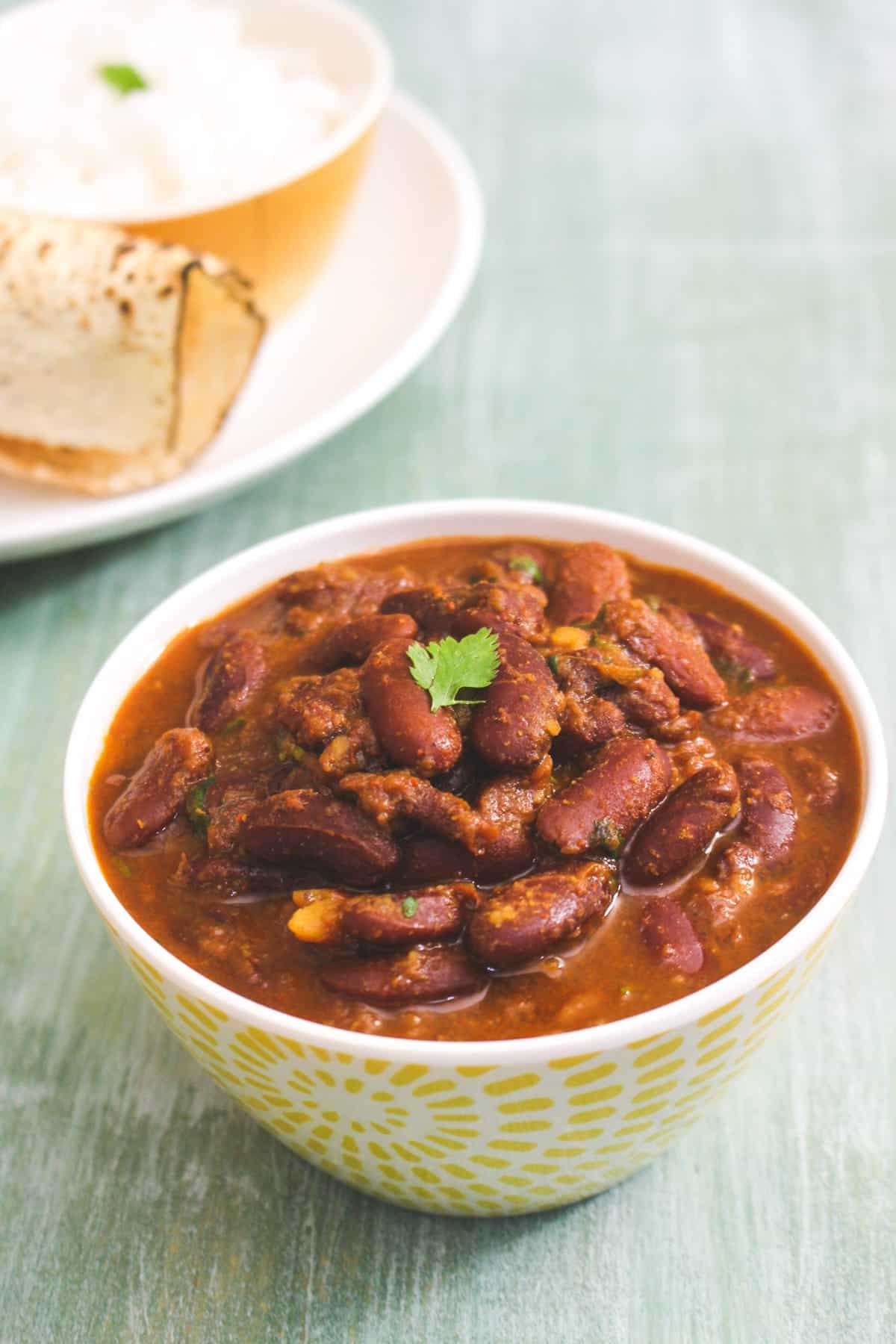
Skin Health To Better Digestion : 7 Benefits Of Rajma
By Niveditha Kalyanaraman
November 9th, 2023

Image Credit: Unsplash

One of the most popular sources of protein and amongst the favorites for lovers of North Indian food, Kidney beans or rajma, is a dish that often evokes nostalgia for many Indians. A combination of rajma-chawal is the favorite ‘ghar ka khaana’ for many, and being able to cook it well often translates to superb culinary skills! But there’s more to rajma than we give it credit for. Here are 7 benefits of eating Rajma.

Image Credit: Shutterstock


Protein Rich
One of the best nutritional benefits of kidney beans is that they are a good sources of protein, thus helping with muscle growth and your body’s energy production.
Image Credit: Unsplash

Calcium Rich
A rich-calcium diet can be good for improving your bone’s strength, and cooked kidney beans can be quite an efficient addition to your diet for this purpose.
Image Credit: Unsplash

Iron Rich
Cooked kidney beans are rich sources of iron, which is one of the basic minerals. The consumption of cooked kidney beans helps in replenishing the iron content in your bloodstream.
Image Credit: Unsplash

Skin Health
Folic Acid, or vitamin B9, is another one of those beneficial nutrients that are present in kidney beans and contributes to its beneficial nature. The consumption of folic acid is linked with healthy skin, and may also delay the effects of aging such as wrinkles and dullness.
Image Credit: Unsplash

Copper Rich
Being loaded with copper, kidney beans have been proven as a very efficient part of an arthritis treatment diet. Moreover, high copper content is also responsible for acting as an antioxidant and preventing free-radical damage, thus delaying signs of pre-mature aging.
Image Credit: Unsplash

Cognitive Functioning
Being rich in vitamin B, red kidney beans also play a vital role in your cognitive functioning.
Image Credit: Unsplash

Improved Digestion
Cooked kidney beans contain high protein content and are filled with dietary fiber that help with digestion.
Image Credit: Unsplash

